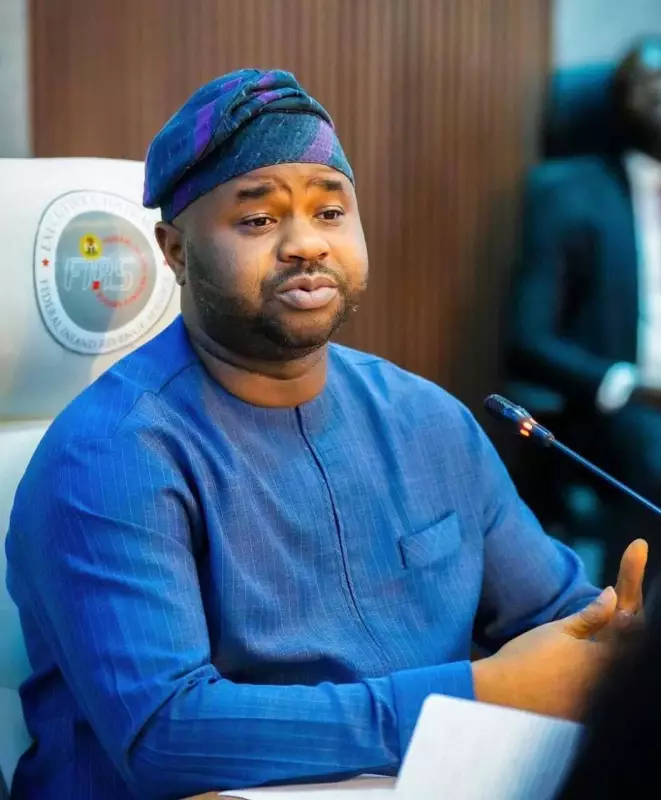
The Federal Inland Revenue Service (FIRS) has taken significant strides in strengthening partnerships with critical stakeholders to advance Nigeria's tax reform agenda. This enhanced collaboration marks a pivotal moment in the nation's efforts to modernize its tax system and drive sustainable economic growth.
Building Consensus for Progressive Taxation
Through extensive dialogue and consultation, FIRS is working closely with various stakeholders to develop tax policies that balance revenue generation with economic stimulation. The service recognizes that inclusive stakeholder engagement is crucial for creating a tax environment that supports both government objectives and private sector growth.
Strategic Objectives of the Reform Initiative
The comprehensive tax reform program focuses on several key areas:
- Enhanced Compliance Mechanisms: Implementing smarter systems to improve tax collection efficiency
- Simplified Tax Processes: Reducing bureaucratic hurdles for taxpayers and businesses
- Digital Transformation: Leveraging technology to streamline tax administration
- Economic Stimulation: Designing tax incentives to boost investment and job creation
Stakeholder Engagement as Cornerstone
The renewed commitment to stakeholder collaboration demonstrates FIRS's understanding that successful tax reforms require buy-in from all sectors of the economy. By incorporating diverse perspectives, the service aims to create a more equitable and effective tax system that meets contemporary economic challenges.
This collaborative approach is expected to yield significant benefits for Nigeria's economy, including improved revenue collection, enhanced business confidence, and stronger foundations for long-term economic development. The ongoing dialogue between FIRS and stakeholders represents a crucial step toward building a tax system that serves both national interests and individual taxpayers effectively.





